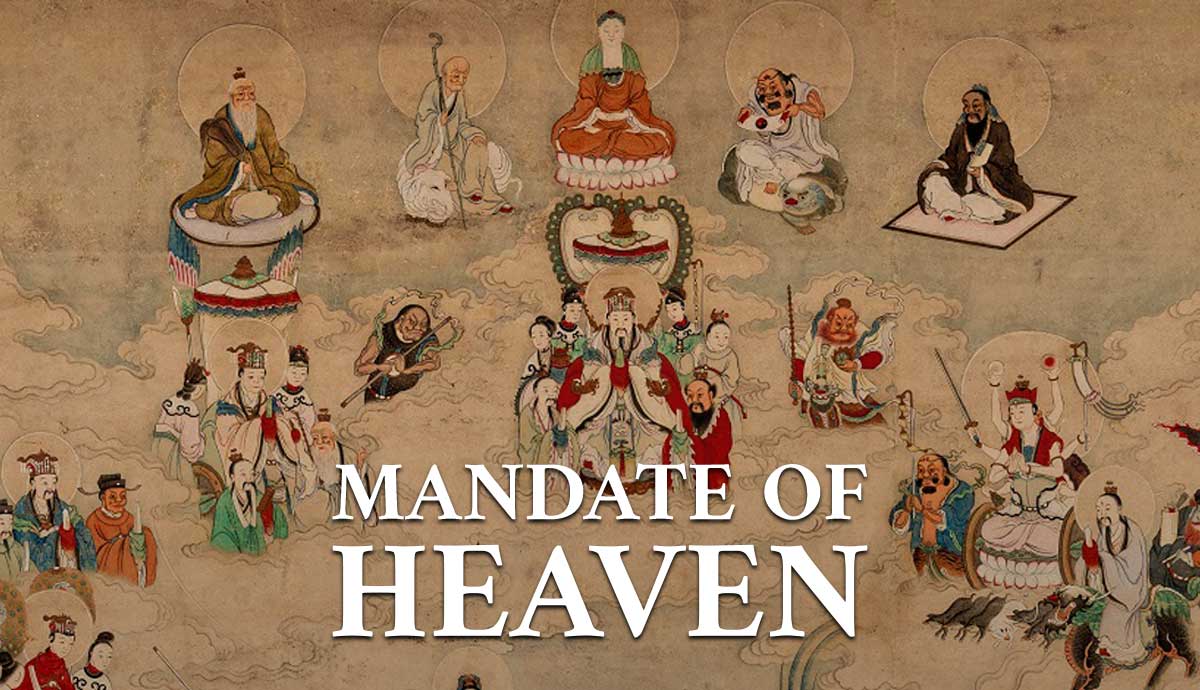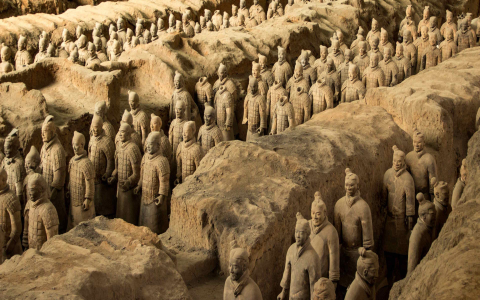So I gotta tell you about this whole “Mandate of Heaven” rabbit hole I tumbled into yesterday. See, I kept hearing the phrase tossed around in history docs and podcasts, and honestly? I thought it was just a fancy way of saying “kings said God liked them.” Figured it was time to finally crack this thing open for myself and see what the fuss was about.
The Confusion Phase
First thing I did was hit Wikipedia, obviously. Typed in “Mandate of Heaven.” Read it. Closed the tab. Felt like I understood less than before. Big words, ancient names, way too much theory. My eyes glazed over faster than a donut. Needed something real, something tangible. How did this thing actually work in the mud and blood of ancient China?
Next step: YouTube deep dive. Found some professors talking, way too calm and academic. Others sounded like they were selling snake oil. Couldn’t find someone just explaining it like they were talking to their buddy at a bar. Frustration kicked in. Almost gave up and watched cat videos. Almost.
Stumbling Onto the Good Stuff
Decided to dig out some physical books gathering dust – my granddad’s old history stuff. Heavy, musty pages. Tripped over a sentence describing it as “heaven’s hotline to the emperor.” Okay, now we’re talking my language! Started picturing it less like divine law and more like a ruthless performance review for ancient CEOs. Emperors held the “mandate” job only as long as:

- They kept things running smoothly (no massive famines, please).
- People weren’t openly plotting revolution in the streets.
- Nobody got too pissed off at the sky (like crazy floods or earthquakes).
Fail any of these? Boom! Heaven basically fired your ass. That “mandate” got yanked faster than a bad Wi-Fi signal. This wasn’t just permission to rule; it was permission to rule right now, based on actual results. Totally changed my view.
Connecting the Dots (Badly)
Realized this was why ancient Chinese history feels like watching dominoes fall. Xia, Shang, Zhou, Qin, Han… dynasties crashing constantly. Always blamed on “losing the Mandate.” Seriously, it became the ultimate scapegoat! Floods wrecked the crops? Emperor lost the Mandate! Peasants revolting? Obviously the Mandate was gone! Empire collapses? Proof the Mandate jumped ship! It wasn’t just an idea; it was the biggest political get-out-of-jail-free card ever invented. Wanna overthrow a king? Just scream he lost Heaven’s backing. Easy peasy, cosmic lemon squeezy!
Tried explaining this to my dog. Got confused stares. Needed a simpler way. Started seeing it like a divine phone contract: Heaven provided signal (the Mandate). Keep service decent (no nationwide chaos), pay the cosmic bill (be sorta good), and you keep your connection. Screw up badly? Service terminated. New emperor gets a shiny new heavenly SIM card. Makes more sense than it should.
The Unexpected Punchline
Here’s the wildest part I dug up, buried in some dusty academic footnote: That toilet graffiti blaming the emperor you just saw? Or the grumbling farmer complaining about taxes? Or even me getting annoyed waiting for my coffee? That very act – the gossip and grumbles – was actually considered an early warning sign the Mandate was slipping! Public discontent wasn’t just noise; ancient bigwigs took it as literal cosmic feedback. Peasant muttering was the canary in heaven’s coal mine. Blew my mind. Went from a lofty concept to something as real as the graffiti in a pub bathroom stall. Never thought heaven’s hotline could be so… down to earth.
what is mandate of heaven meaning find out its impact on ancient china now









Leave a Reply